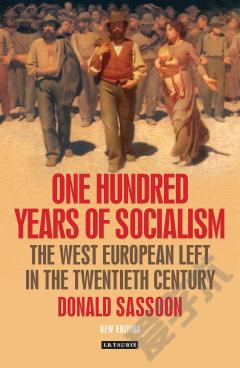European Socialists Respond to Fascism: Ideology, Activism and Contingency in the 1930s
Based on documents collected in six European countries, European Socialists Respond to Fascism: Ideology, Activism and Contingency in the 1930s is a transnational study of largely parallel developments in Austria, Belgium, France, Germany, and Spain in the years 1933-1936. Triggered into action by the shock effect of the Nazi rise to power in Germany, socialists throughout Western Europe entered an unusually active period of practical reorientation and debate over political strategy which helped determine the contours of European politics up to the outbreak of World War II and beyond. Stressing the transnational dimension of this process while simultaneously integrating local, regional, and national factors, this work finds that it was social democracy, rather than communism, that acted as the primary vehicle for radical change among European marxists during the 1930s. Following major figures within the European left and the significant events that made up the inter-war period, Gerd-Rainer Horn demonstrates the interconnectedness of Europe's interwar socialists. Finally, Horn manages to relate these findings to the ongoing interdisciplinary debate on structure, agency, and contingency in the historical process.
{{comment.content}}








 京公网安备 11010802027623号
京公网安备 11010802027623号